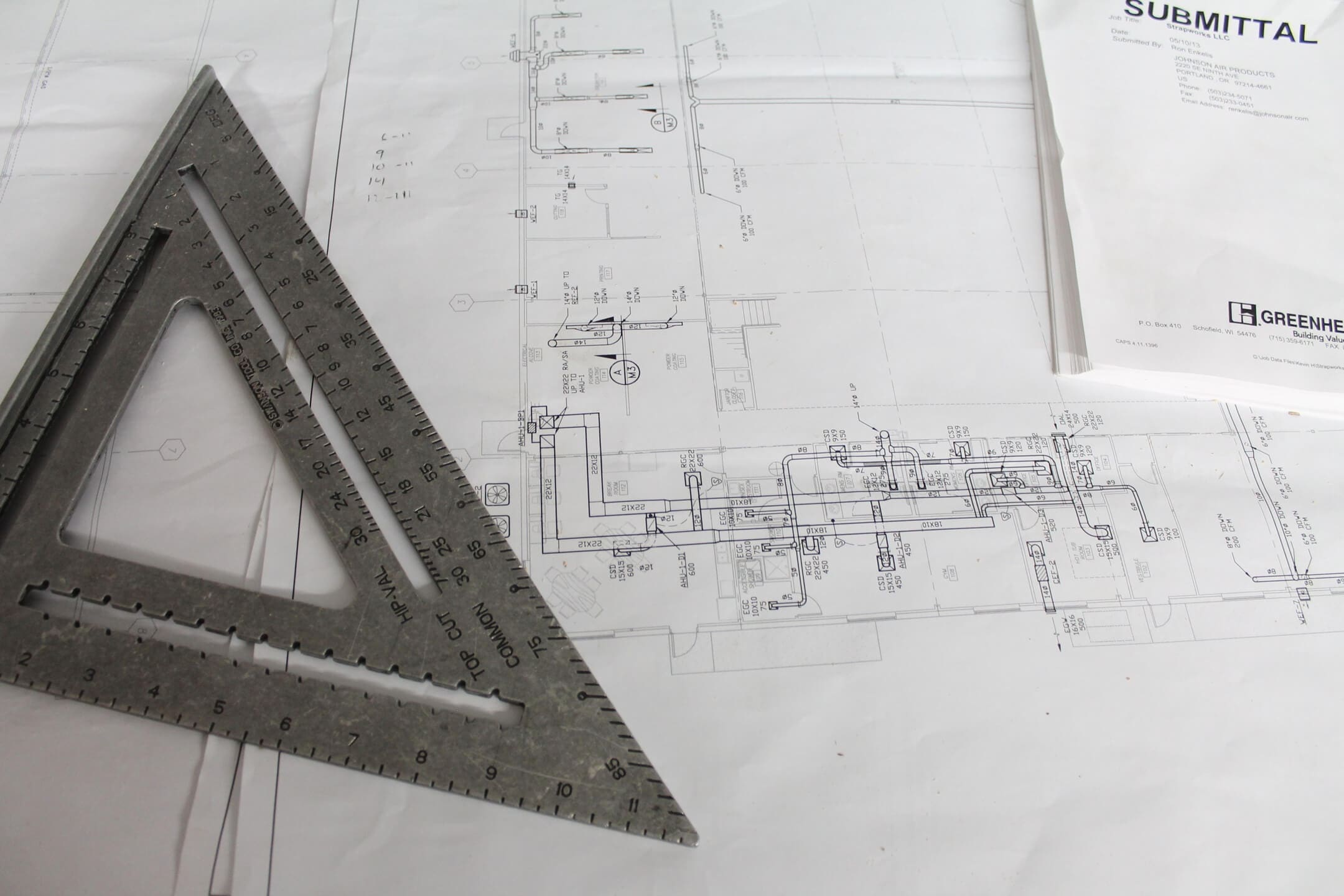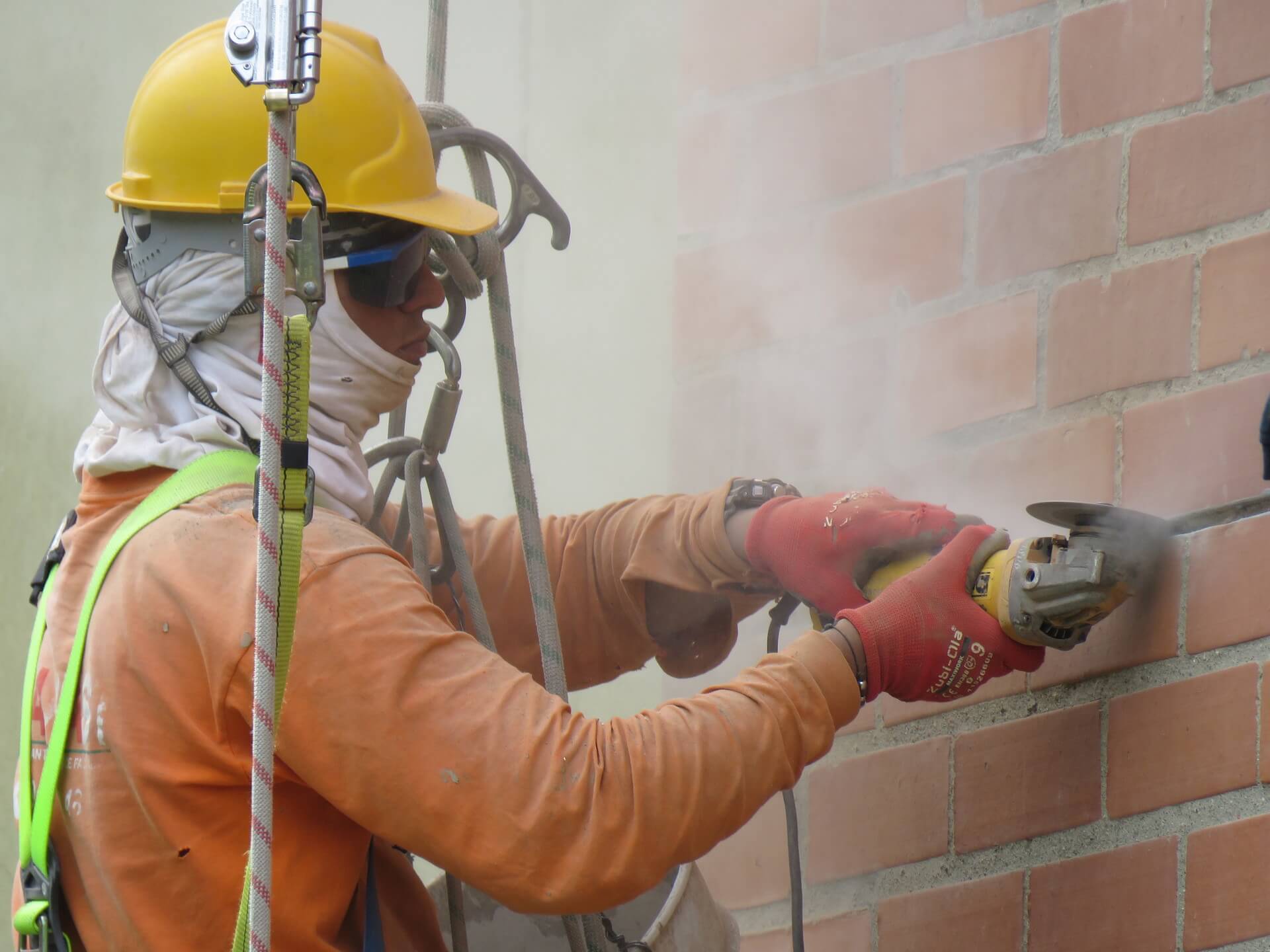You can research your home renovation for months, collecting pictures and samples from all manner of websites, magazines and material shops.
Photo by mohamed hassan form PxHere
You can imagine your renovation with a crystal-clear vision, or you can mock up exactly what you want in design software to bring your ideas to digital life. Yet, once you are ready to make the first move of your renovation, you need a contractor you can trust to interpret your plans and perfect them in your home.
Unfortunately, not all contractors operating today are worthy of your trust. If you want to be certain that your home renovation is exactly like you imagine — from the finishes to the finances — here are some contractor considerations:

Licenses and Insurance
Construction is a critically important job, and it is also one that can have devastating effects if completed improperly. Thus, many states require contractors to pursue licenses proving their knowledge and skill and to obtain bonding and insurance that protects both their contracting business and their clients from negligence or harm. Before you hire any contractor, you should ask for their credentials and verify with your state’s licensing agencies that they meet all necessary requirements.
Unfortunately, not every state requires contractors to be licensed, bonded and insured. The best contractors will likely register for licensing with organizations like the National Association of State Contractors Licensing Agencies (NASCLA) anyway, to show their clients they are trustworthy and safe.

Experience and Equipment
Before you meet with your prospective contractor, you should do what you can to research them online. If they have a website, you should look into what information they post about their business and services, to include how long they have worked as a contractor and whether they have any pictures of completed projects similar to yours. If they don’t have a website — which isn’t terribly uncommon in this industry — you might use review sites like Google, Yelp and Angie’s List to read reviews from past clients.
Once a contractor passes your first investigation, you should spend some time talking to them directly about their experience. You might ask them what kind of tools they rely on to keep their projects organized; if they have a favorite construction management software, you might look into its functionality and see whether you might benefit from its use, as well. Ultimately, you want to be certain that your contractor knows what they are doing and isn’t trying to manage your project from memory alone.

Written Estimate and Invoices
After your initial meeting and discussion about your project, your contractor should be able to estimate what your project will ultimately cost. A ballpark number offered in person might demonstrate that your contractor has experience and confidence, but that ballpark number should eventually be backed up with a written estimate that provides greater detail. Especially if your project is a lengthy, complex or expensive one, that written estimate should specify how much individual items or actions will cost, so you can have more control over your project.
A trustworthy contractor will never ask for payment up front. Most contracting jobs will take payment at the project’s end, but again, if your project is a particularly prolonged one, your contractor might need payments in installments along the way. Any time your contractor asks for payment, they should submit a written invoice to you, and as with the estimate, the invoices should provide details regarding what you are paying for. This will keep your contractor accountable and protect you from overpaying for your project.
Contracts and Communication
It might be faster for a contractor to discuss the details of a project, shake your hand and get to work, but it isn’t any easier or safer for you or them to forego a contract. You should think of a contract like a roadmap for your renovation project; it tells both you and your contractor what needs to be done in what timeframe and for what cost. Though some details of the contract might change as the project moves forward, any significant deviations — like a lack of payment or an unjustified escalation of cost — could warrant a lawsuit.

For the same reasons, it is useful to hire a contractor that puts their communications in writing. Though a phone call might be more convenient, a trustworthy contractor will shoot a text or email message summarizing the conversation, so both you and they have a record of what was said. This can be invaluable evidence should something go wrong with your project and you desire to take legal action.
Conclusion
One final sign you should pay attention to when hiring a contractor is your intuition. If you don’t immediately feel that you can trust your contractor, you should look elsewhere for help with your home renovation project. Using your gut and other tools like licenses, written communications and the like, you should be able to find a contractor who works well to bring your renovation dreams to life.







